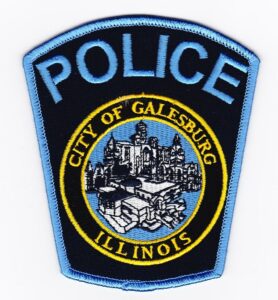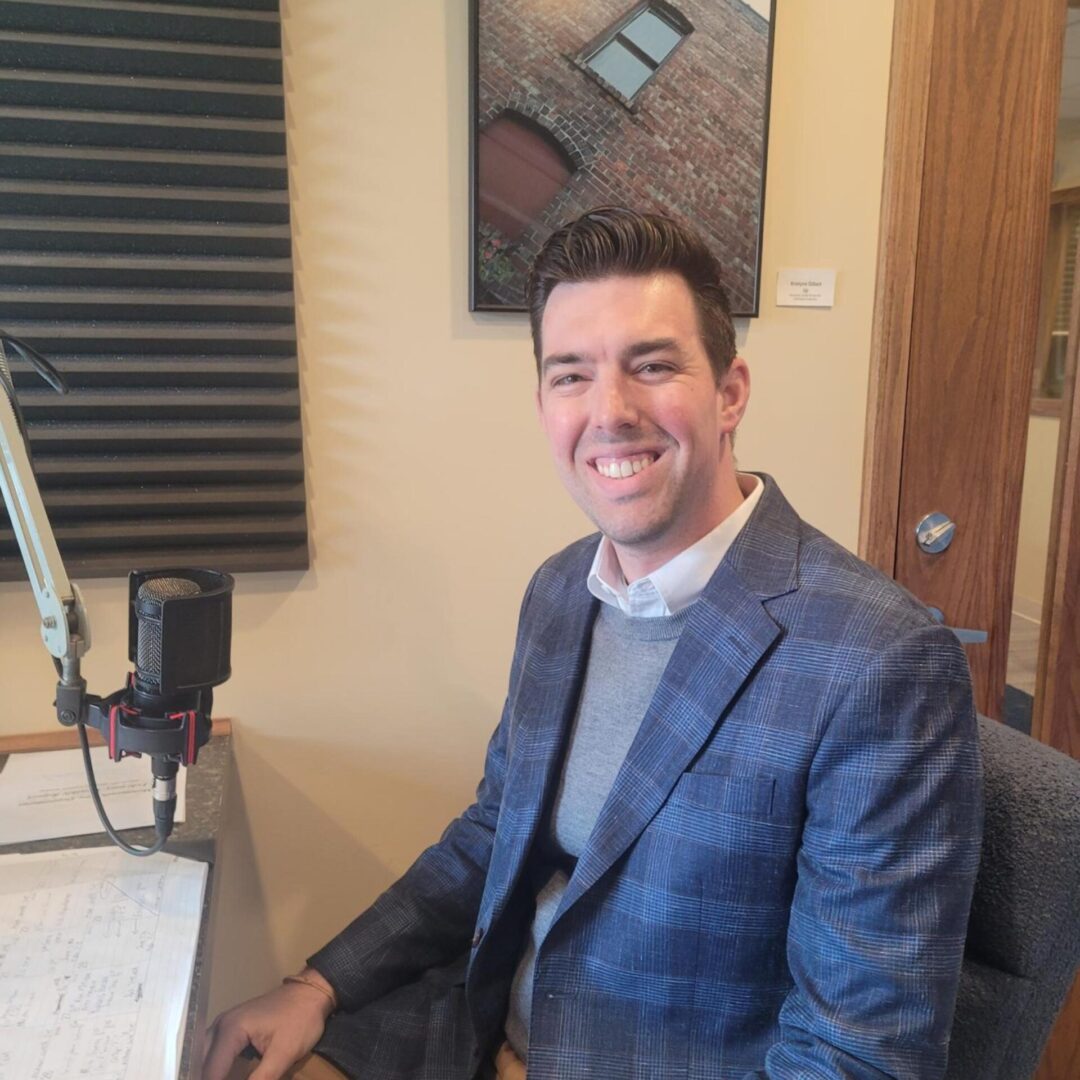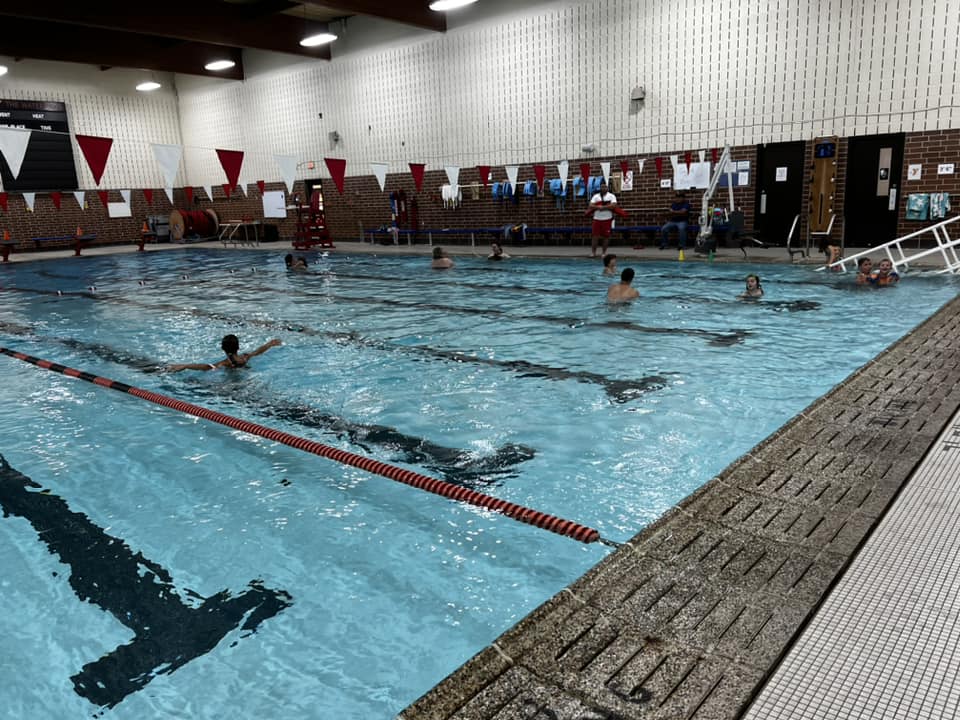Riding a bike is a great way to stay fit, strengthen your muscles and bones, prevent and manage disease, support mental health, and decrease stress levels. Like all physical activity, it is important to ensure you are being safe when riding.
According to the National Center for Health Statistics (NCHS), 1,089 bicyclists died in 2019, more than 700 of those in motor-vehicle crashes, while hundreds of thousands of people are injured each year in the U.S. In recent weeks, former Wyoming Senator Mike Enzi and New York Jets assistant coach Greg Knapp died in bicycling accidents, Knapp when a car swerved into the lane in which he was riding, hitting him. He died of his injuries five days later.
“The most serious injury regarding bikes would be head injuries. Even though you are close to the ground, if you are not wearing a helmet you can get serious, life-threatening head injuries from seemingly minor bike crashes or accidents.” Says Dr. Bill Walsh, chief medical officer for OSF HealthCare Little Company of Mary Medical Center in Evergreen Park, Illinois.
Head injuries aren’t the only thing to worry about, warns Dr. Walsh, who has a background in emergency medicine.
“More commonly, you will see abrasions on the knees and elbows. You also can see fractures most likely to the upper extremities and collarbones after trying to brace yourself when you fall,” he continues.
This is why taking the right safety precautions when bike riding is important.
“When you are riding a bicycle, there are some things you can do to avoid a lot of these injuries. Number one: Wear a helmet. You should always wear a helmet when riding a bicycle. You also should consider wearing shoes – closed shoes and socks, not sandals. People love to wear sandals in the summer, but not when you’re riding a bicycle because scraping the tops of your toes while pedaling can be very painful,” cautions Dr. Walsh.
The CDC strongly recommends wearing a helmet when venturing out on your bike – and that it is important that your helmet be approved by one of the groups which test helmets for safety such as the Consumer Product Safety Commission (CPSC).
Other safety precautions to keep in mind include riding your bike on the right side of the road with traffic and paying close attention to traffic signs and signals.
It is also important to ensure your bike is properly prepared before you go out for a ride. The National Safety Council (NSC) recommends measures such as: adjusting the seat to the proper height and locking it in place; making sure all parts are secure and working properly; checking that the tires are inflated properly; preparing the bike with reflectors on the rear, front, pedals and spokes; and utilizing a horn or bell, a rear-view mirror and a bright headlight.
“Consider putting some safety equipment on your bicycle – most notably a flag to alert traffic and make sure you can be seen. You should always wear bright clothing when you’re riding a bicycle. You also should consider riding only in the daytime. Even if you have a light, it is much safer to ride in the daytime,” Dr. Walsh advises.
Following these precautions cannot only protect you from minor scrapes and bruises, but potentially can save your life.
If you or a loved one is involved in a bike riding incident that requires immediate medical attention, call 911 or go to the closest emergency room.
***Report Courtesy of OSF HealthCare***















